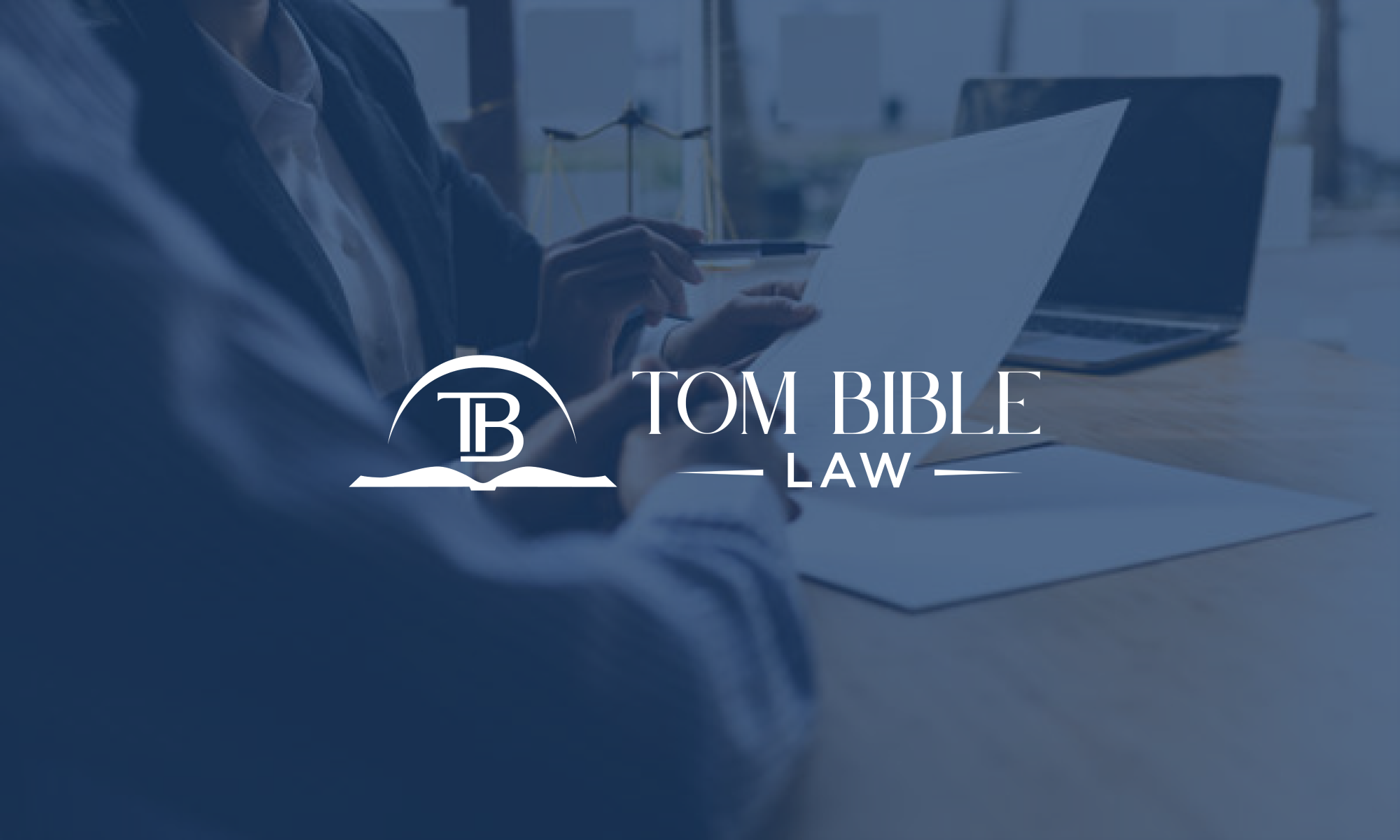Not everyone realizes how many benefits there are under Chapter 13 bankruptcy for individuals and small businesses. Find out what these benefits are to decide whether filing for Chapter 13 bankruptcy is right for you. Learning about the eligibility requirements and outcomes can help with this process. You can also ask a Tullahoma bankruptcy attorney any questions you have about Chapter 13 bankruptcy.
Who Can File for Chapter 13 Bankruptcy?
Certain Chapter 13 bankruptcy eligibility requirements need to be met for you to file for this type of bankruptcy. Not everyone can file for Chapter 13 bankruptcy as a result. These Chapter 13 bankruptcy eligibility criteria include:
- Filing all required tax returns
- Meeting bankruptcy code requirements
- Falling into the category of an average wage earner
Individuals who earn average wages under an employer or through self-employment may file for Chapter 13 bankruptcy. This means that small business owners may also file for this type of bankruptcy under certain circumstances. A small business owner can usually only file for Chapter 13 bankruptcy if they are the sole proprietor of the business.
In other words, the business must be a one-person business. Businesses with multiple owners and employees may not be able to file for Chapter 13 bankruptcy. You must also have debts that are under a certain amount to qualify. Consult with a bankruptcy lawyer to learn more.
Benefits of Chapter 13 Bankruptcy
Many people debate to themselves whether filing for bankruptcy is worth it. Most people know how much harm bankruptcy can do to their credit scores. However, there are several Chapter 13 bankruptcy benefits to explore when making this decision:
- Increased time to pay back debt
- Protection from creditor harassment
- Retaining some of your property
- Preventing home foreclosure
- Lower monthly payments
The Other Chapter 13 Bankruptcy Benefits include protection for loan co-signers and greater options for debt repayment. For example, you might be able to file for Chapter 13 bankruptcy after filing for Chapter 7 bankruptcy to lower any remaining debts even more. These processes can be used to minimize your debt to the lowest possible amount and most manageable monthly payment.
Compared to Chapter 7 bankruptcy, you will be able to keep most of your property under Chapter 13 bankruptcy. This is because Chapter 7 bankruptcy liquidates several of your financial assets to pay back the debt. Chapter 13 bankruptcy also allows you to file for bankruptcy a second time much faster.
Chapter 7 bankruptcy has an eight-year waiting time between bankruptcy filings, whereas Chapter 13 bankruptcy only restricts you from filing for Chapter 13 bankruptcy again for two years. This allows you more freedom in managing your remaining debts.
Call Tom Bible Law for Legal Help
Filing for bankruptcy is a huge decision to make. You do not have to do this alone. All you have to do is call us at Tom Bible Law by dialing 423-874-6628 for a consultation today about your options for bankruptcy. Our dedicated team of Tennessee Bankruptcy Lawyers is ready to help you navigate the complex bankruptcy process. We can be found throughout the Tennessee cities of Chattanooga and Tullahoma.


